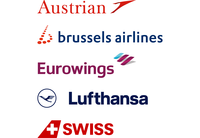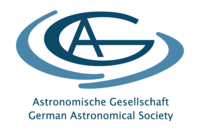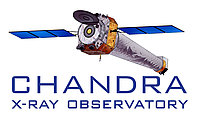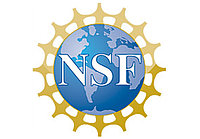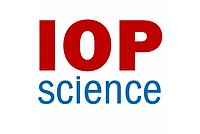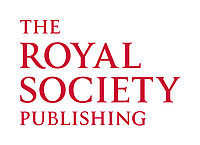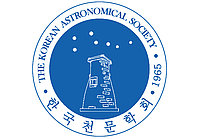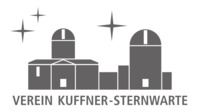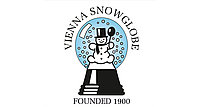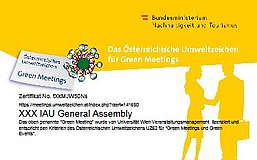Click here for important information on restrictions during the EU Council meeting.
XXXth General Assembly of the
International Astronomical Union
Vienna, August 20-31, 2018
This event is being held under the patronage of
the Federal President of Austria.
The Austrian Astronomers invite their international colleagues to attend the XXXth IAU GA and to visit Vienna in 2018.
As the capital of Austria Vienna is located in the very heart of Europe and easily reachable for visitors from all over the world, major international organizations, such as the UNO, UNIDO, IAEA, and OPEC, are based in this city.
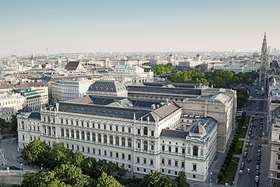
- ©University of Vienna
Environmentally, Vienna is a model city, meeting all the relevant criteria applying for instance to water supply and waste water management, waste disposal, clean air management and the city’s overall ecological balance. Vienna is, therefore, internationally renowned as a capital of the environment, belonging to the “most liveable” and top “quality of living” cities worldwide.
Vienna is well-known for its historical role with the footprints of an imperial city, like the splendid baroque Schönbrunn Palace, the Spanish Riding School, the magnificent buildings along the Ring Boulevard, and the Imperial Palace from the former Habsburg Empire. Moreover, Vienna is the dedicated Metropolis of Music. More famous composers have lived here than in any other city – in Vienna, music is literally in the air.
As science city, Vienna has a long history of excellent scientific and medical research and has developed into the central European University City, harboring nine universities. The biggest one, the University of Vienna, looks back to a long tradition of excellent science, research and education with many Nobel-Prize winners. Its foundation goes back to 1365, i.e. it celebrates its 650th anniversary in 2015.
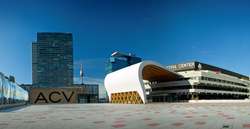
- ©ACV
Vienna has also established an outstanding reputation as conference city. For 6 years in a row, Vienna has been the no.1 destination worldwide for association meetings. Its Austria Center Vienna (ACV) is the largest conference center in Austria and one of the largest and most modern in Europe.
Austrian Astronomy has a long tradition and began to flourish at the University of Vienna with Georg von Peuerbach (1423-1461) as well as Johannes Müller von Königsberg ("Regiomontanus", 1436-1476), with Johannes Kepler (1571-1630) in Graz and Linz, and continued with Maximilian Hell (1721-1792) at the already established Vienna University Observatory and Carl Ludwig von Littrow (1811-1877). In addition to historical astronomers, also the Austrian Physicists deserve to be mentioned, including Erwin Schrödinger (Nobel-Prize winner in Physics in 1933), Victor Hess (Nobel Prize 1936) and, moreover, Lise Meitner, Ludwig Boltzmann, Christian Doppler, Johann Josef Loschmidt, and Ernst Mach. Today in addition to Vienna, astronomy teaching and research is also carried out at the University of Graz (astronomy chair since 1774), at the Space Research Institute of the Austrian Academy of Sciences and at the University of Innsbruck (astronomy chair since 1888).
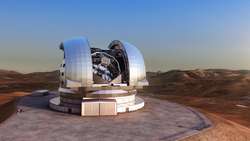
- ©ESO
Full access to the state-of-the-art telescopes and instruments of the 21st century has been achieved in 2008 with accession to the European Southern Observatory (ESO). In 2018 Austrian astronomers will therefore celebrate the 10th anniversary of ESO membership. This giant leap has spawned an unprecedented range of collaborations, consortia memberships, and the development of expertise in astronomical data processing and instrumentation. Austrian researchers are now involved in the development of current and future ESO instrumentation, particularly, Extremely Large Telescope (ELT) instruments. At the same time, Austria has essentially doubled the number of full professors in Astrophysics.
Being already member of the European Space Agency (ESA) since its foundation, Austria has made significant contributions to satellite-telescope missions, as e.g. ISO, HERSCHEL, Rosetta, and Gaia, and Austrian astronomers are also involved in future missions like BepiColombo, Solar Orbiter, Cheops, Plato, and Athena. Moreover, bilateral satellite projects like CoRot and BRITE (the first Austrian mini-satellites) were initiated by Austria.
The Austrian Society for Astronomy and Astrophysics (ÖGA2), founded 2002 and affiliated with the European Astronomical Society and to the Astronomische Gesellschaft, joins professional and amateur astronomers. Among many other tasks, it also promotes public outreach and research meetings.
For the National Organizing Committee: Gerhard Hensler
Organizers
The event was certified and complies with the guidelines of the Austrian Environmental Label Green Meetings.







